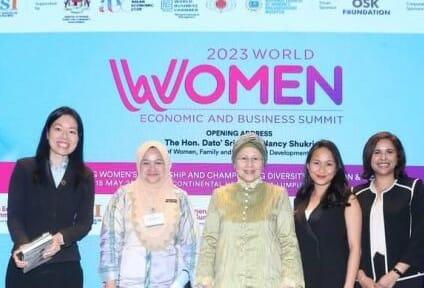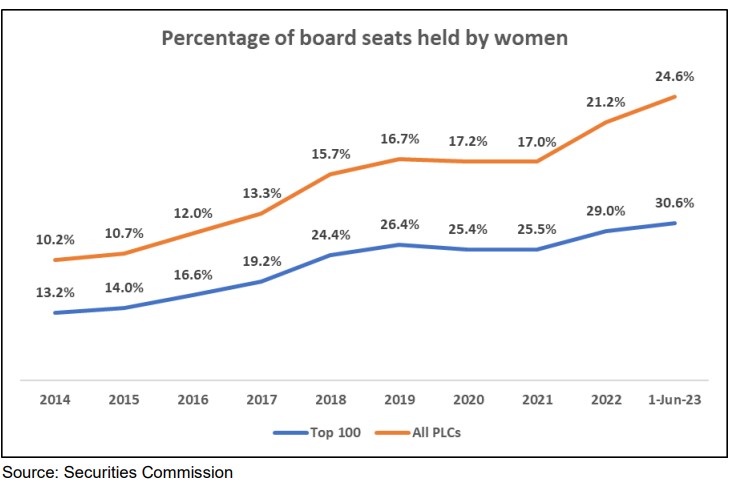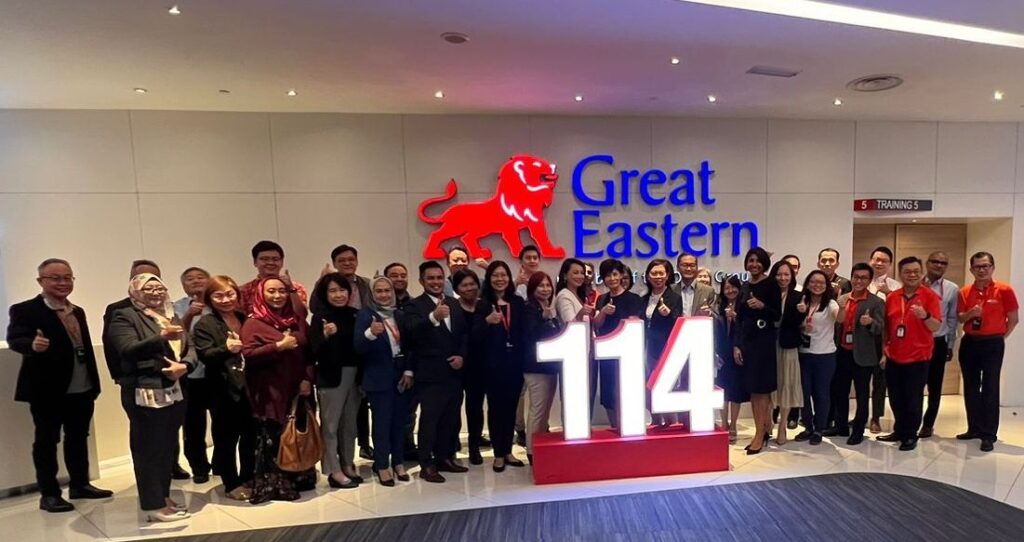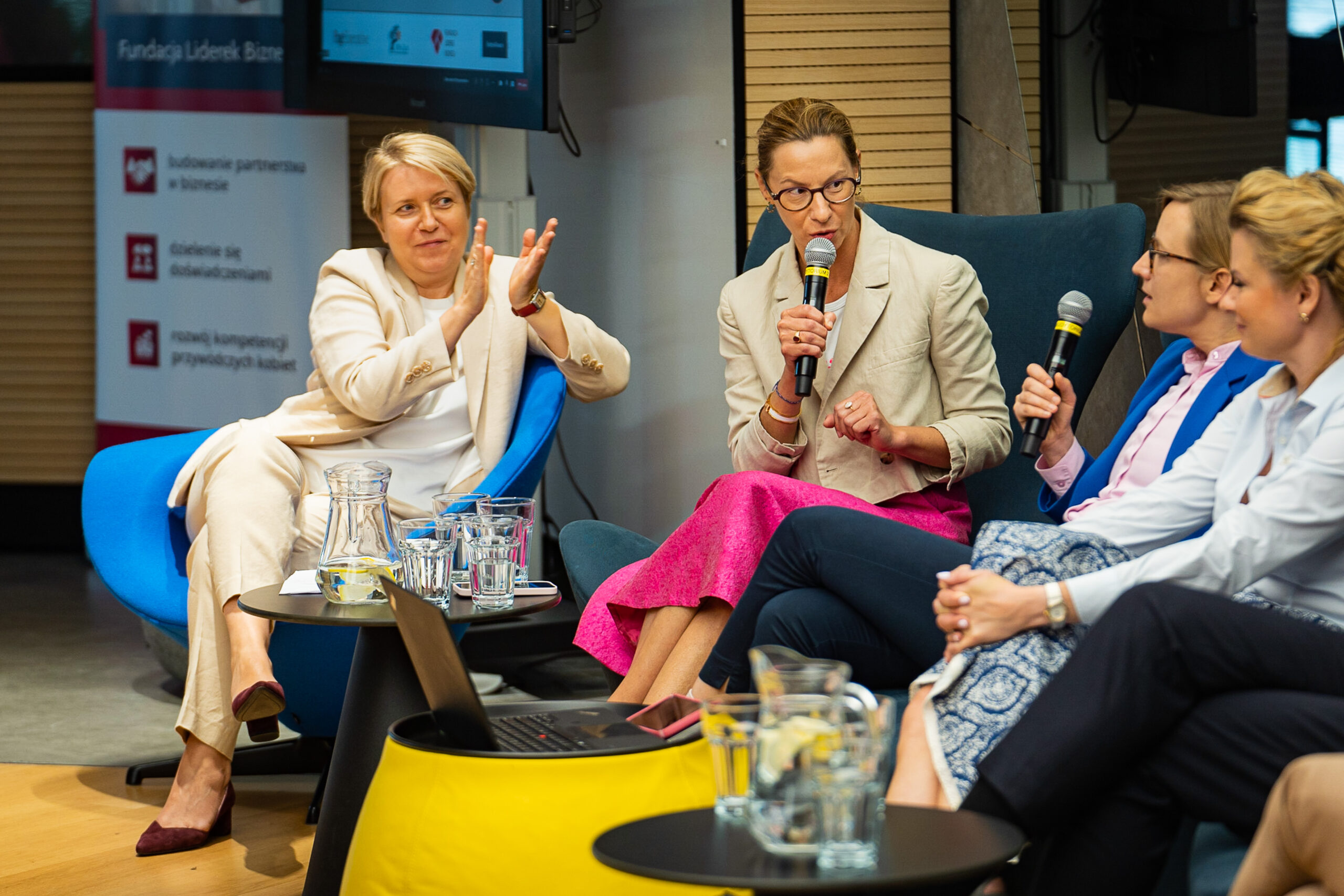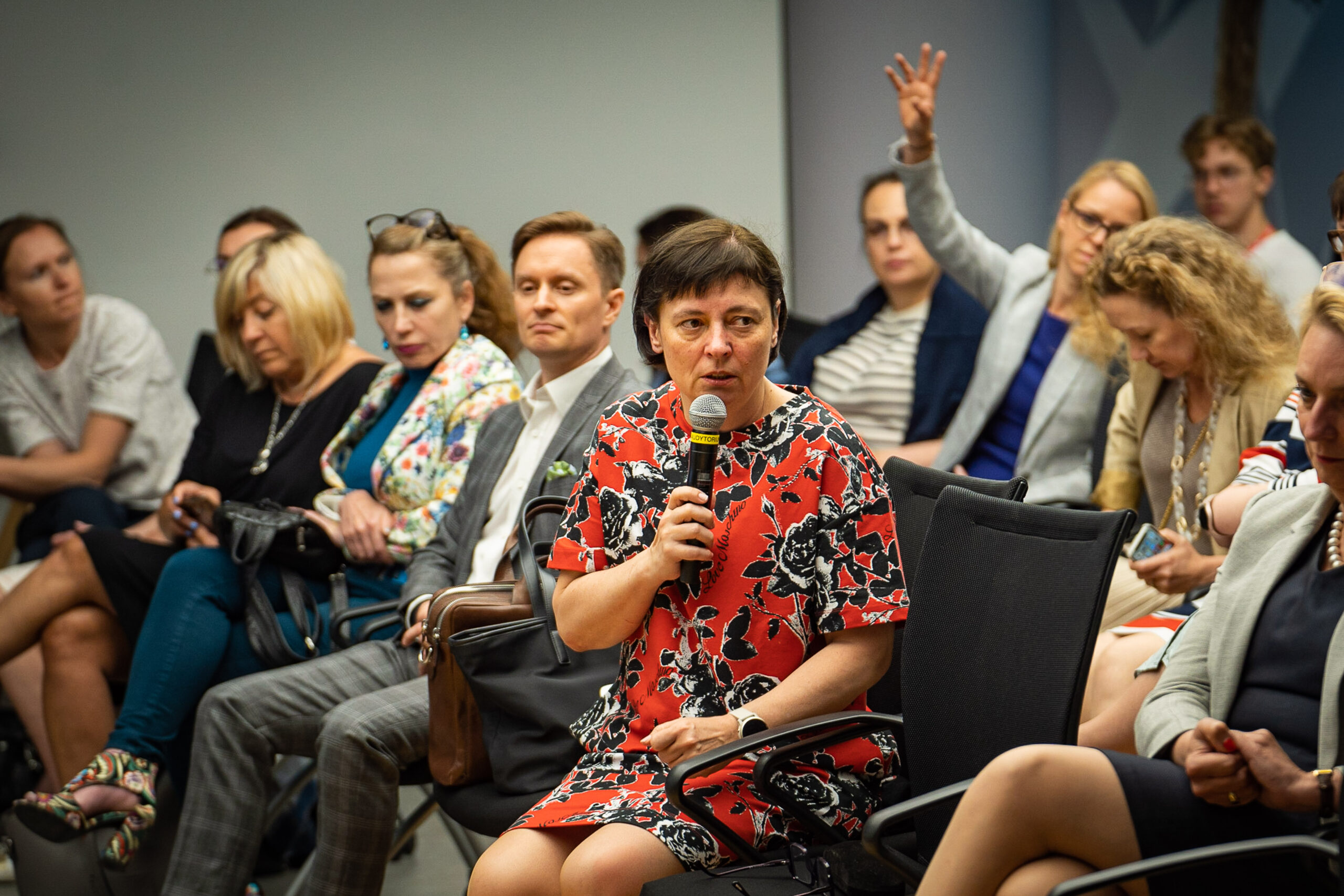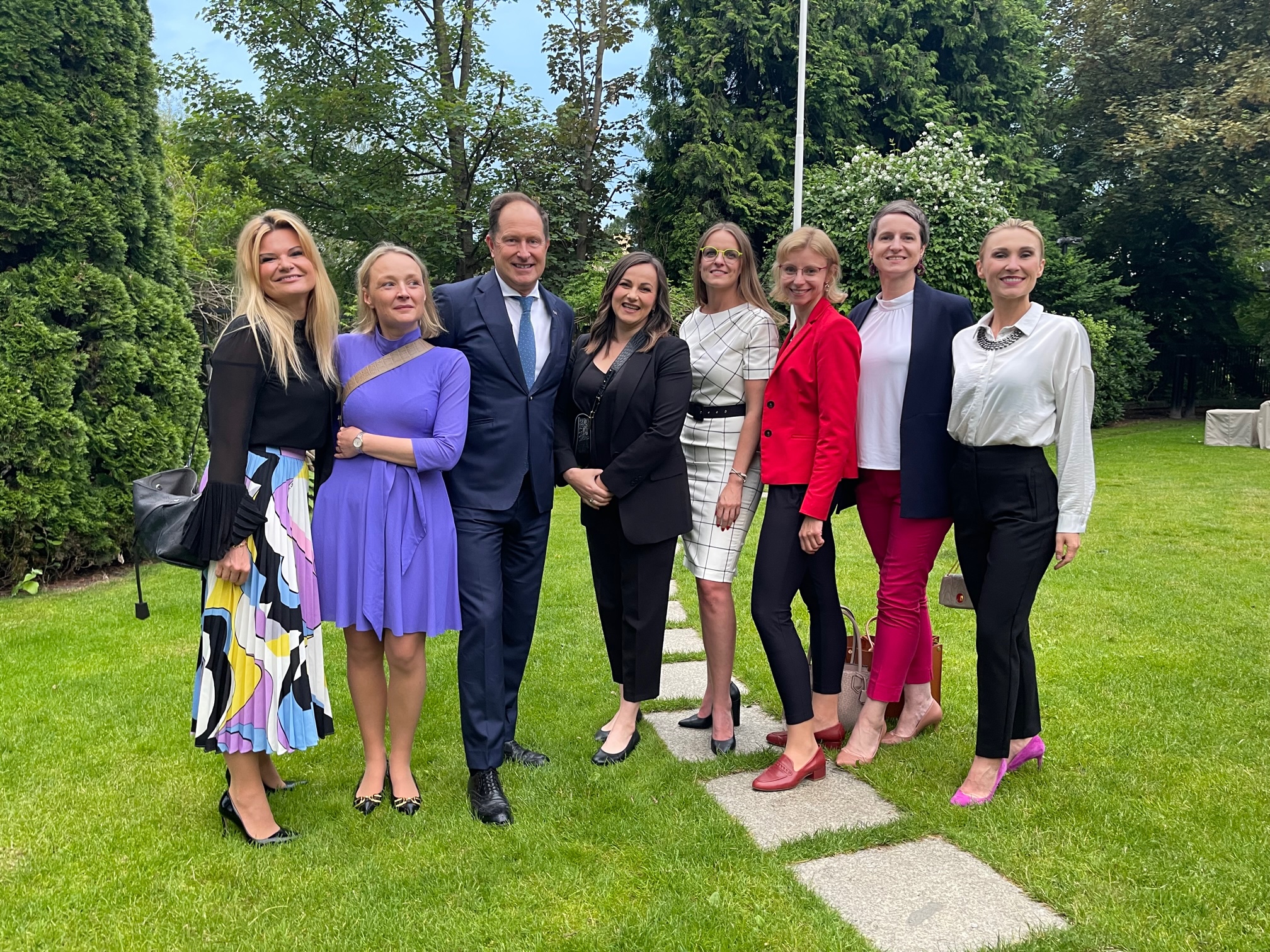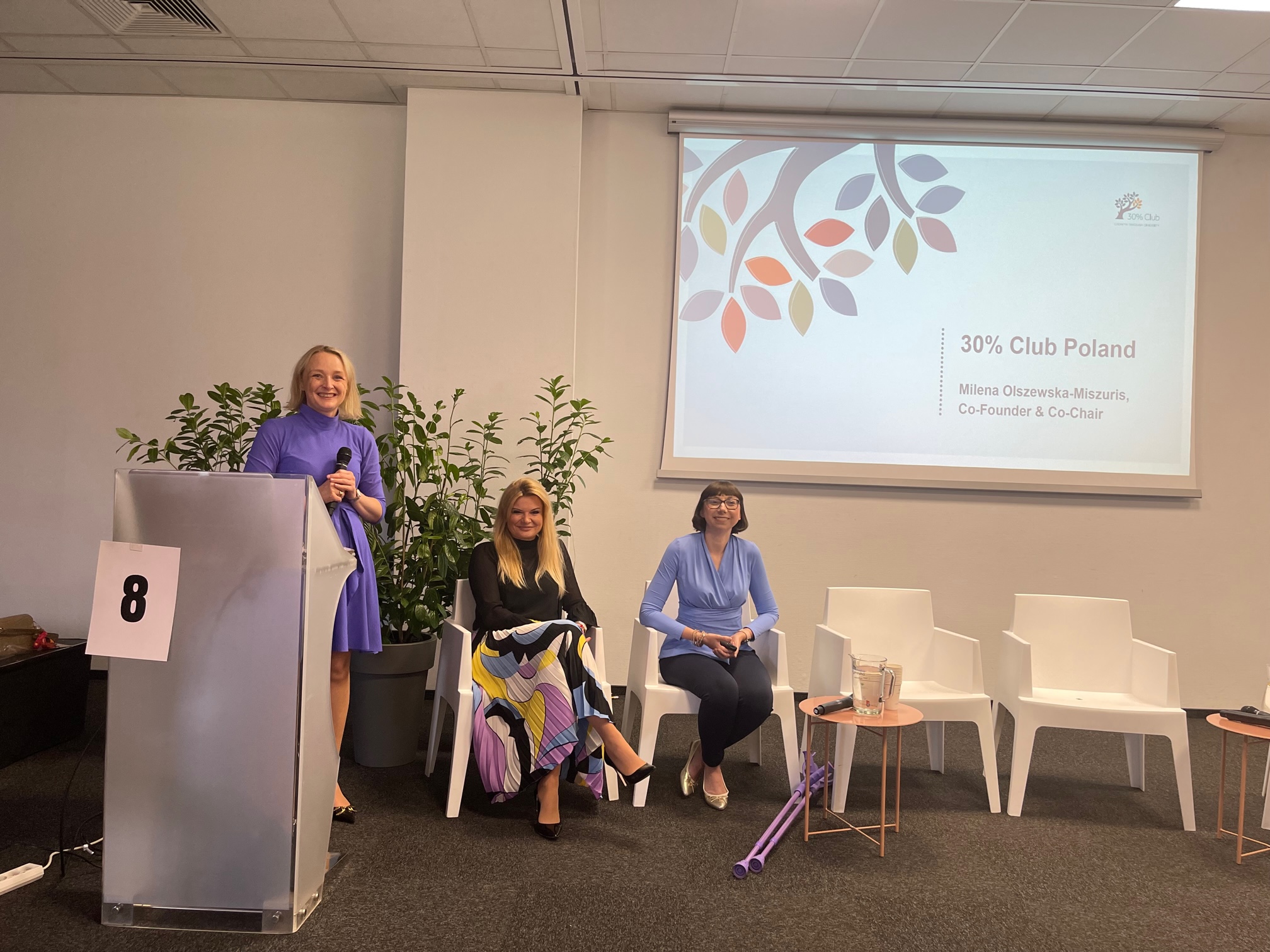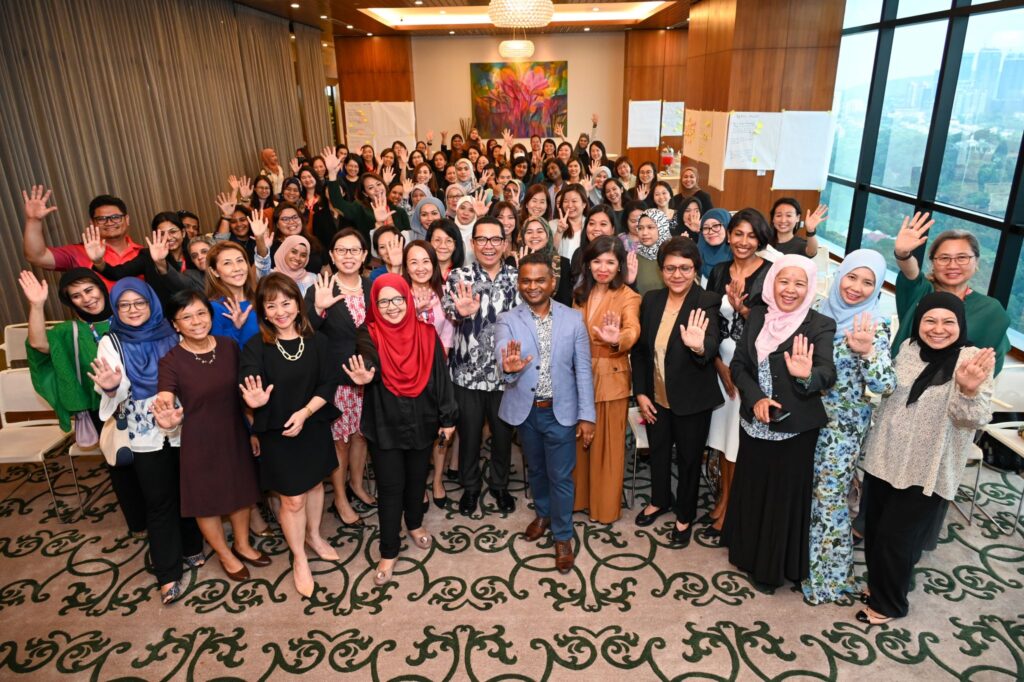
The story of the Heriot-Watt University Malaysia – 30% Club Malaysia scholarships begins in 2010, when Dame Heather McGregor, alongside a determined group of women, ignited the spark that would become the 30% Club UK in the UK. The 30% Club was launched in Malaysia on 8 May 2015.
In 2016, Dame McGregor became part of the Heriot-Watt University family. With a campus thriving here in Malaysia and the local chapter of the 30% Club making strides, she saw an opportunity to create the Shaping Entrepreneurial Women Scholarship that would empower Malaysian women to pursue an MBA, thus equipping them for the leadership roles of tomorrow.
These scholarships that are not just about education, but about equipping future leaders with the skills, knowledge, and confidence to be better leaders within Corporate Malaysia
An MBA is a proven pathway to building successful careers so together Heriot-Watt University Malaysia & the 30% Club Malaysia, established an annual woman scholarship with the end game to increase women representation at senior levels of business.
This partnership with Heriot-Watt University is in line with the our objective of strengthening the female boardroom pipeline to ensure that we get better gender balance in the boardrooms and senior management of Malaysian corporates.
The next intake is in January 2024 so we encourage women employed in our Corporate Members’ organisation to apply when for the scholarships when the notice goes out later this year.
Recently, several members of the 30% Club Malaysia Steering Committee(SteerCo) met some of the scholars. We delved into their stories, learned about their journeys, and shared updates about the ongoing progress of the 30% Club Malaysia. Beyond just scholars, they are advocates of a business-led revolution, champions of change in their own right.
Our heartfelt gratitude goes out to AFFIN Group for hosting us at the spectacular Menara Affin in TRX. A shout out goes out to the two participants of the recently concluded Accelerate Wahine 100MYR StartUp Competition, an educational entrepreneurship competition.
They prepared some scrumptious snacks for all to enjoy during tea. This competition was supported by some of the SteerCo & volunteer advocates of 30% Club Malaysia.
Over tea and treats, we shared laughter, stories, and dreams. Because empowerment isn’t just about numbers; it’s about connections!

